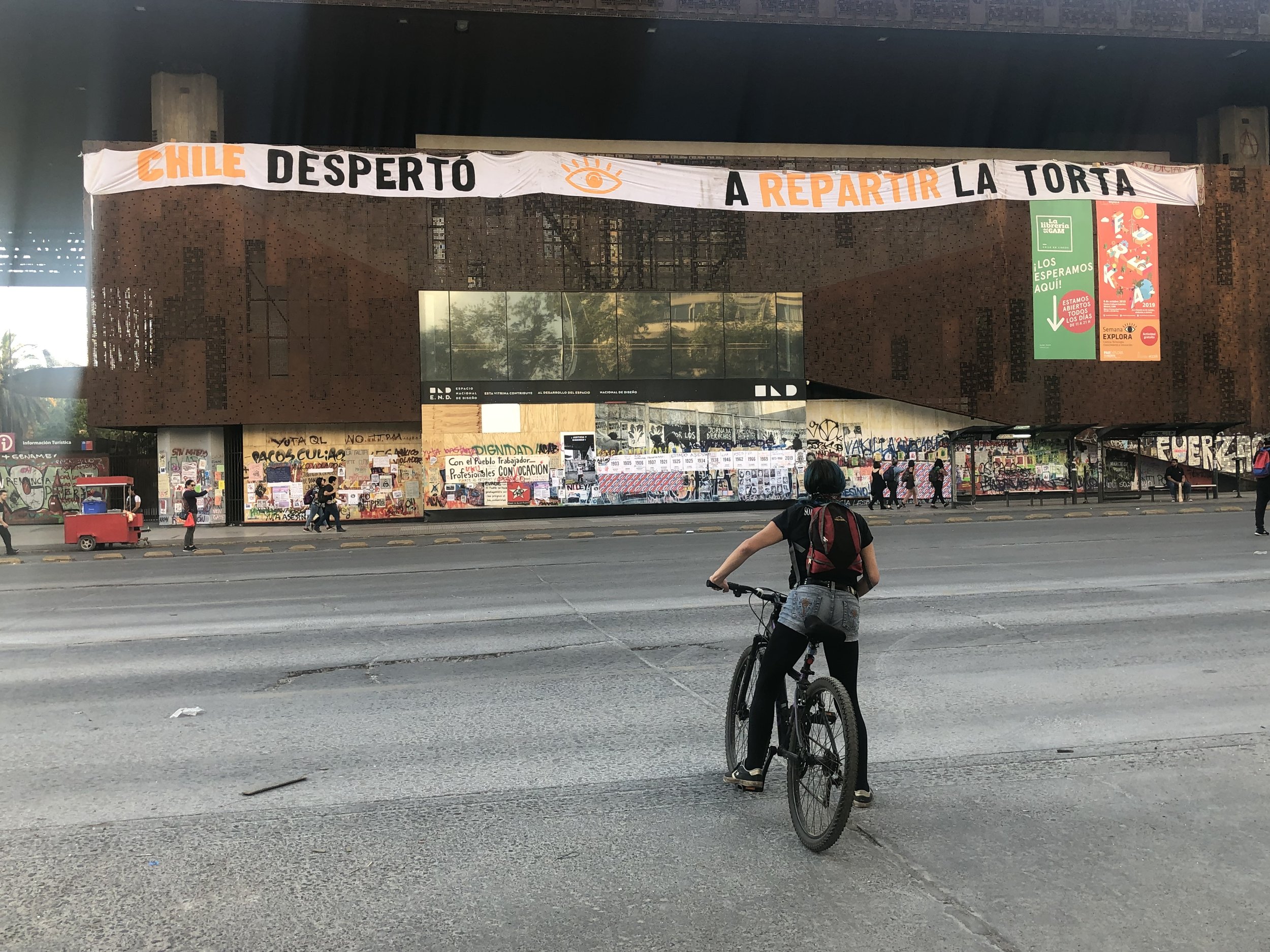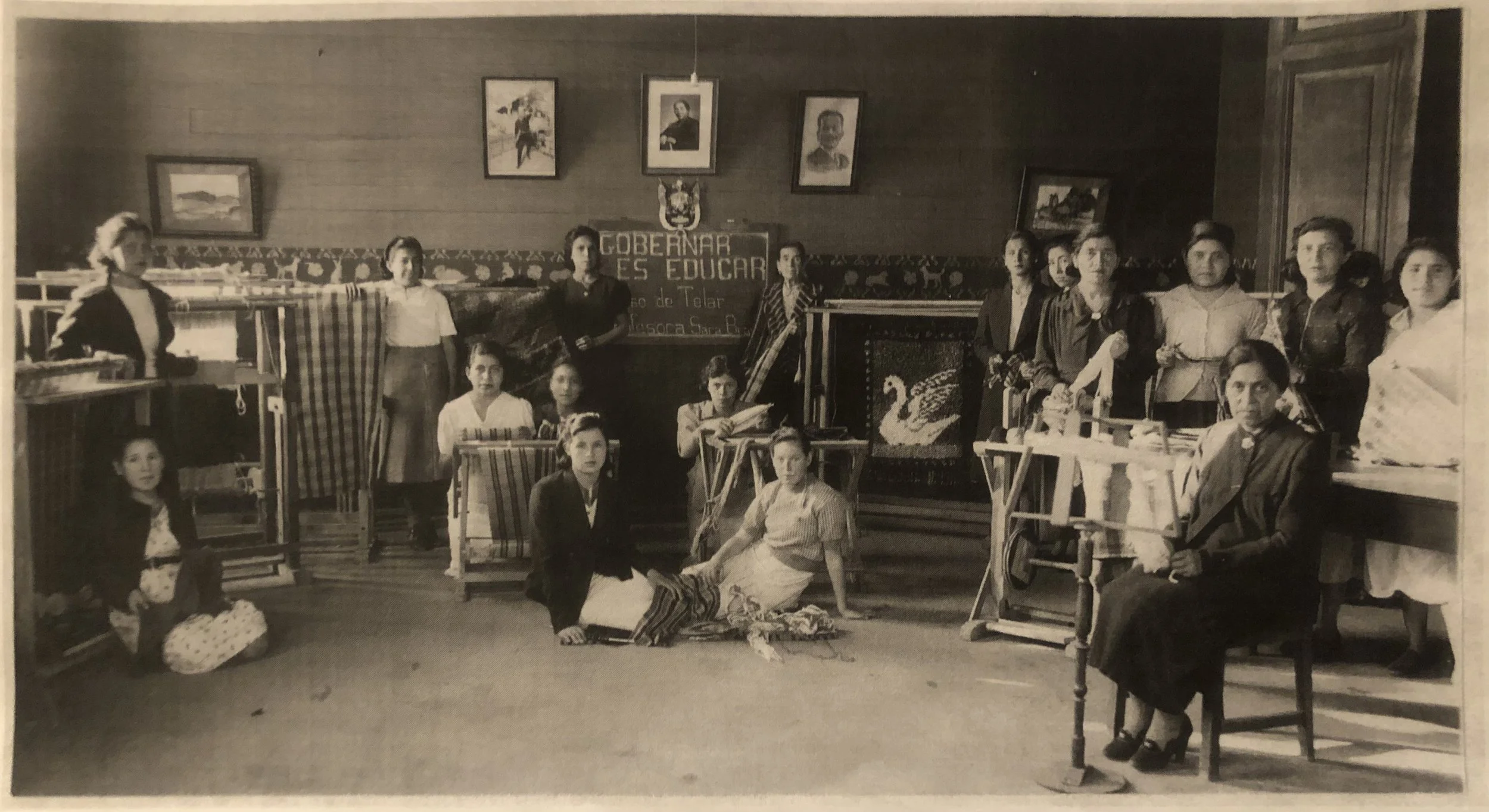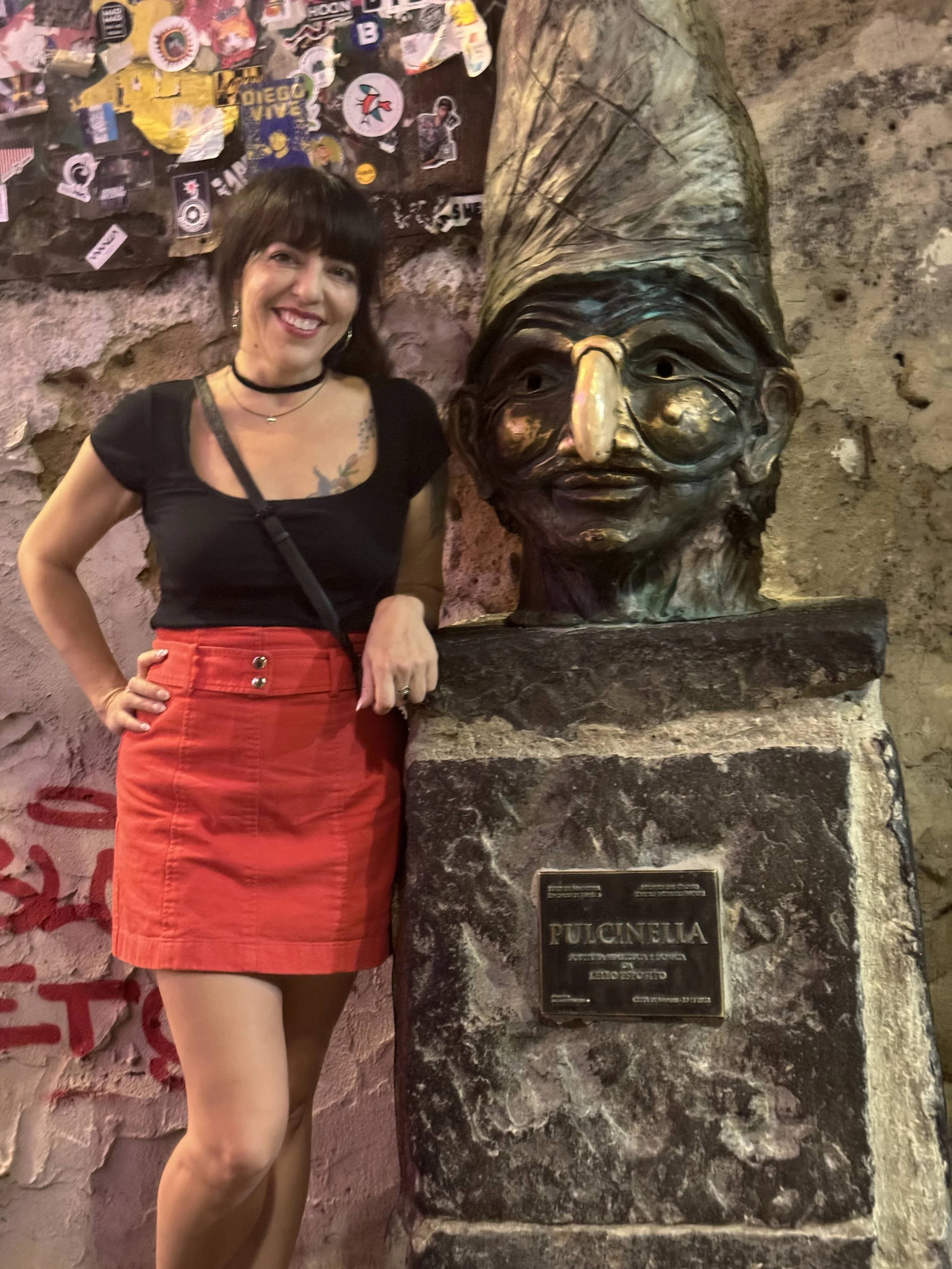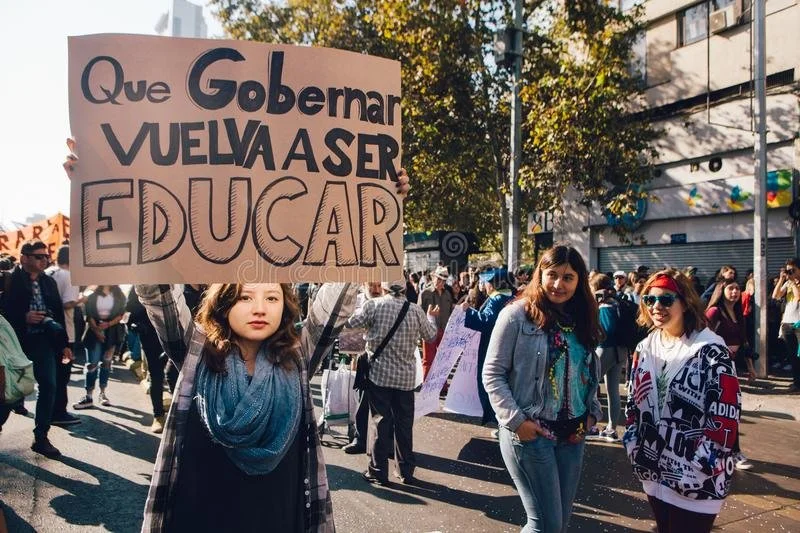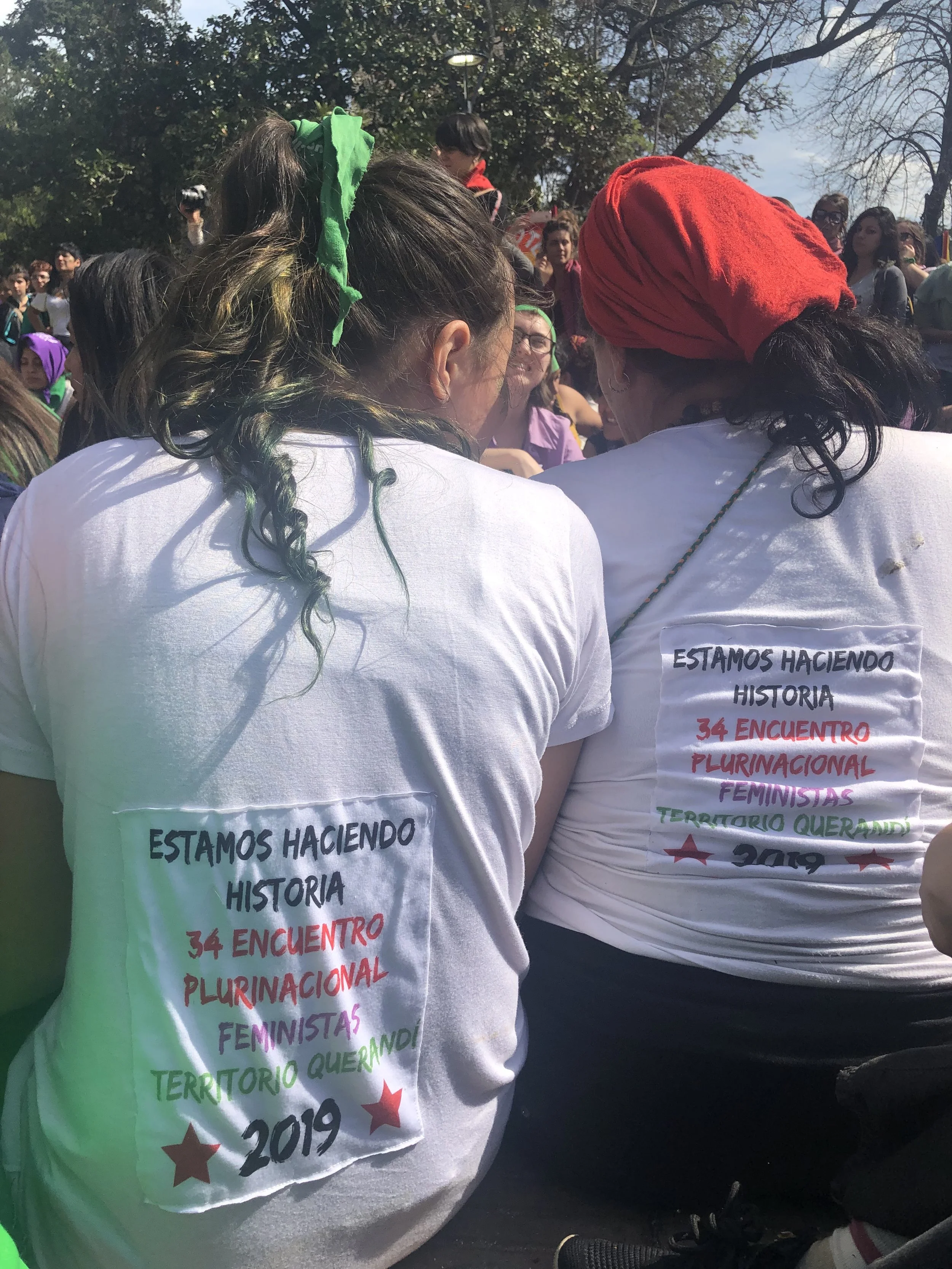Romina A. Green Rioja
Historian of the long 19th century on land, political economy, education,
race, and gender in modern Latin America
“To Govern is to Educate.” Weaving workshop - Image curtesy of the Museo de la Educación Gabriela Mistral
About
September 2024 in Naples, Italy
Romina A. Green Rioja is Assistant Professor in Latin American history at Washington and Lee University. She is a scholar of land, political economy, education, race, and gender of modern Chile and Argentina. Her book manuscript The German Turn: Settler Ideology and Racial Education in Modern Chile (1879-1920) under contract with the University of Alabama Press explores the relationship between state education, immigration policies, and settler-colonialism, demonstrating how those institutions and policies molded identities of class and racial difference. She also researches and writes about the feminist movement in Chile and Argentina.
Washington and Lee University profile page
Email: rgreen@wlu.edu
Ph.D., History - University of California, Irvine
2012 – 2018
M.A., History - Tufts University
2009 – 2012
B.A., History - San Francisco State University
2007 – 2009
Chilean student protest: “So that governing is once more about educating.”
Pedagogy
As an educator, I am committed to teaching critical thinking and fostering knowledge that allows students to understand their present better. My coursework and lectures center on social histories that examine the structural histories of gender, race, and economic systems to underscore the contours of Latin American and global politics. In my lectures and readings, I showcase the perspectives of the historically marginalized, which decenters traditional historiographies. I use a multidisciplinary and multimedia approach in my teaching, incorporating podcasts, videos, novels, films, YouTube clips, music, and poetry analysis. As historians, we strive to give students tools to understand their present society better and be critical, active citizens. As a Chilean-American of Italian descent, I can offer specific lived experiences as a Latina in the U.S. and a gringa in Chile, in addition to familial stories of living under military dictatorship in Chile. My Italian side is also connected to stories of migration, leaving Italy in response to the rise of Mussolini and working in the factories and mines in the U.S.
Activism and Scholarship
I believe that a diverse research agenda is crucial to fostering a more inclusive university. My research incorporates multiple methodologies that position me to collaborate with colleagues and departments outside of history. Even though my primary research area is race in 19th-century Chile, I maintain an active approach to my feminist research by participating in feminist spaces in Chile and Argentina and documenting social protests in both countries. Maintaining my commitment to activism has allowed me to stay tuned to shifts in political language, ideas, and new developments. This has benefited my teaching and research to remain relevant to current political discussions.
